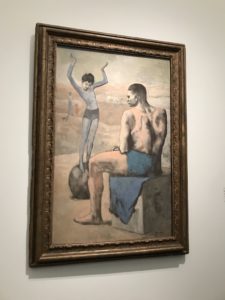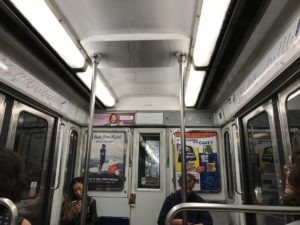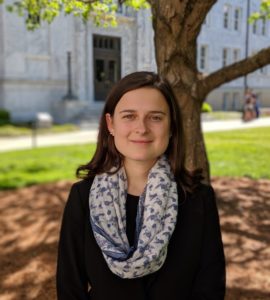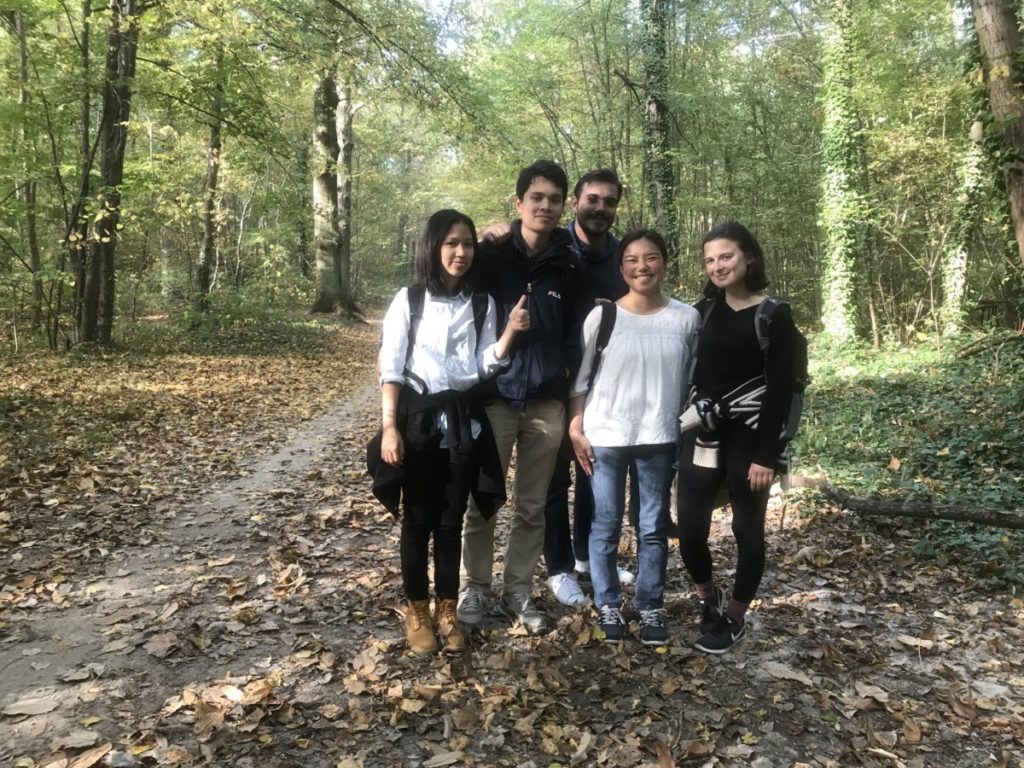As a French and Linguistics double major, I have developed robust critical thinking skills that will transfer well into the workforce. I have excellent analytical skills given the emphasis on critical analysis placed in Emory’s undergraduate program. One of the primary foci of my French degree included learning how to dissect the point of view, objectives, and rhetorical devices found in texts. I am using texts in a general sense to refer to genres including literature, film, images, websites, and others. This experience prepares me well to deduce the objectives of outside parties that I find in company correspondence. Based upon my close reading of outside parties’ goals and stipulations, I will be able to provide well-informed recommendations for company action. Additionally, I will be able to produce and guide the creation of company documents that convey objectives effectively. For example, I will shape the company website in order to best highlight points that are important to company goals. The training in critical analysis that I received in my French and Linguistics degrees equips me well to understand and implement company goals through correspondence and publications.

Studying languages requires students to critically analyze texts from a variety of genres, including art.
I have also developed a keen understanding of diverse perspectives through my experience studying and working in France. I realize that the best service caters to each customers’ needs and desires, which is only possible when the company understands its diverse customer base. I learned this lesson while interning at a translation firm in Paris, France. My clients from Italy and France had very different expectations in terms of deadlines, cost, pace of communication, and other factors. In catering to these different client expectations, I learned how grateful clients are when they realize that companies are tailoring service to their needs. In a future career, I will continue to prioritize understanding the diverse perspectives found in my client base.
 Le metro parisien
Le metro parisien
